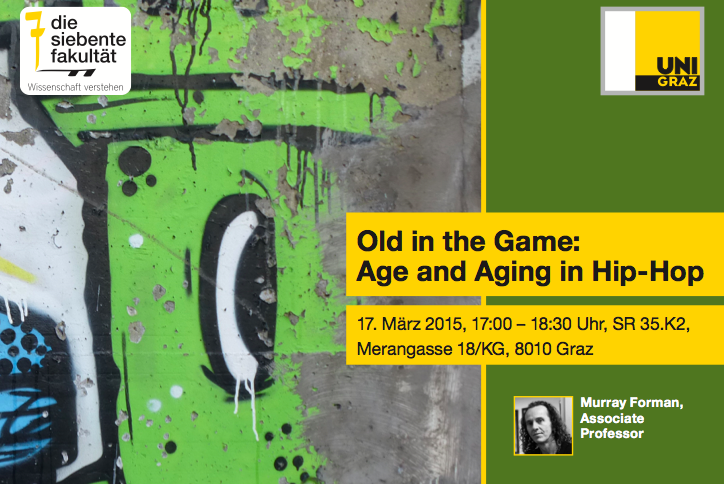Mireia Fernández-Ardèvol at the 4th Conference on Elderly and New Technologies: Technology on the go
Miriea Fernández-Ardèvol participated in the 4th Conference on Elderly and New Technologies, organized by Jaume I University, between the 13th and 15th of May 2015 in the city of Castelló, Spain. The special topic of this edition of the conference is Technology on the go, which focuses on gadgets such as tablets, smatphones, wearables …; ubiquitous and personal connectivity; Internet of things; cloud services; and apps, among the most common topics.
Mireia delivered her presentation on May 13th looking at mobile apps to discuss on ageism embedded in research endeavours:
- WhatsApp, why not? A reflection on aged-based stereotypes
Older people are commonly depicted as avoidant or incapable of properly using digital technologies. These stereotypes shape public opinion, and even the expectations of what an older individual can do, for instance, with a Smartphone: Would they know how to use it? Would they go beyond voice calls? Do you think they would be interested on apps? By taking into account available research showing that these are outdated stereotypes, I propose a reflection around them by looking at specific examples of mobile communication.

